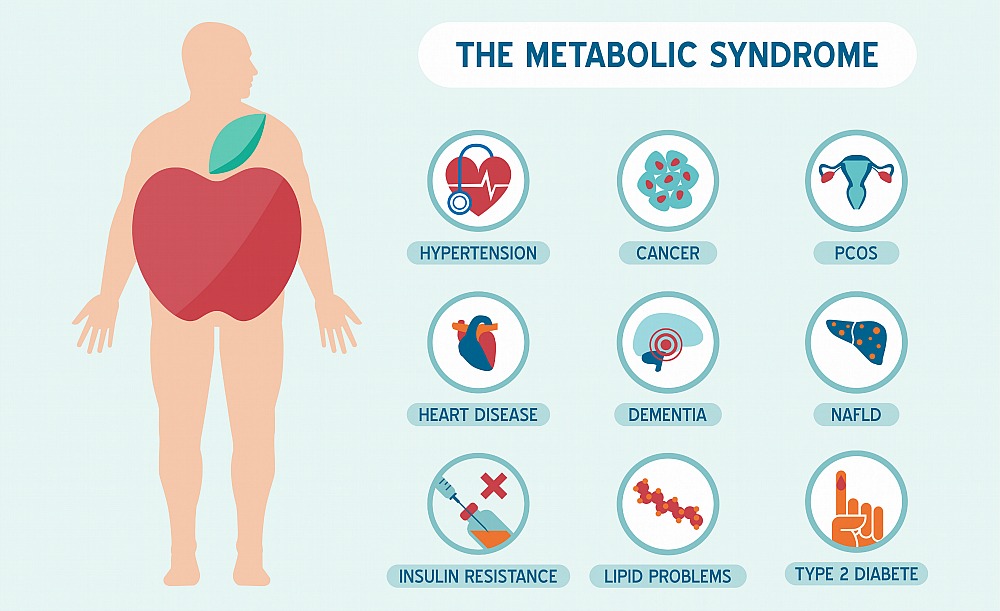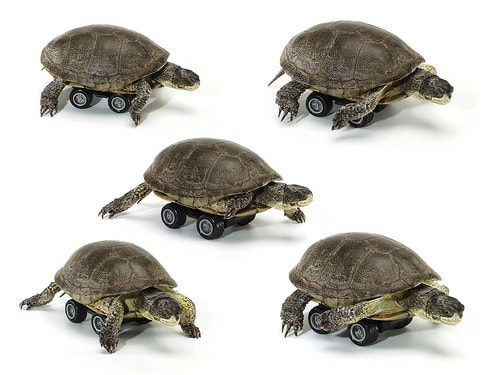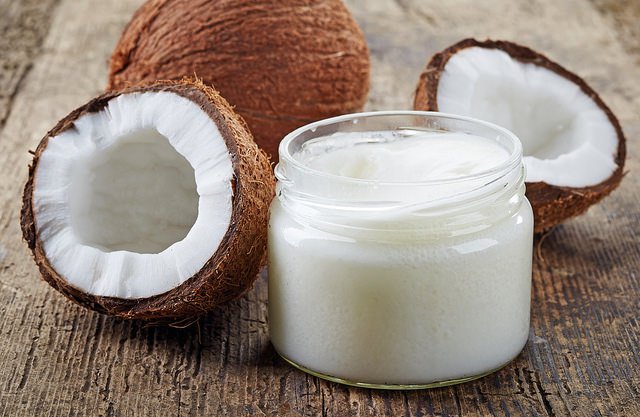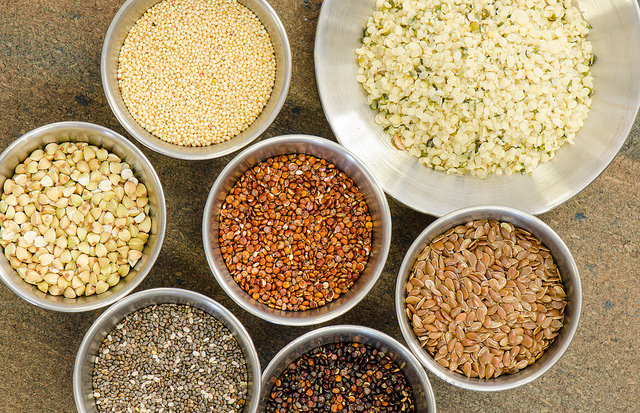“Restrict and Avoid” type diets often miss the mark…of health!
For health reasons I have previously posted about, I am on the hunt for an extremely heart friendly, cholesterol lowering diet. As you surely know, there is a cornucopia of conflicting advice “out there” regarding what is best to put in your mouth. It appears endless. I could spend the next year debating and documenting the finer points of each of the basic approaches I will outline below, but I’m not going to do that. My goal with all of this research, is to try and eventually cobble together the “ultimate diet” that takes into account advice on heart health, disease reduction, vitamin and mineral intake, energy levels, body shape (I’m an apple), dangerous abdominal or visceral fat, hormonal impact of sugars in our body, the importance of healthy fats in our diet, and of course,the proper fuel for the exercise that inevitably goes along with a healthy diet.
I am the guinea pig. And yes, a sample of one is not statistically relevant. But I had to prove to myself first, that despite what 3 doctors told me, it was possible to address my health issues via diet and lifestyle choices, and not have to go onto prescription drugs for the rest of my life. So I decided to start slowly and tease out the factors that have influenced my own dramatic return to health over the past year.
To start with, I reviewed diets. I thought I would just be able “to pick a good one”, and just get on with things. Was I wrong! So after reviewing many types of eating programmes, I found they basically tended to trend into a few smaller groupings of diet ideologies:
- Low-Fat diets (ie, the one that Most Western governments advocate and recommend.)
- Specific food group restrictive diets (No meat, No dairy, No gluten, etc. Too many to list.)
- Low Carbohydrate diets (Atkins, South Beach etc. Focussing on minimizing carbohydrates in diet.)
- Hormonal control diets (Anti-inflammation, anti-ageing, The Zone, 4 Hour Body etc. Focussing on the type of food, as well as timing of ingestion, and the effects of ingestion on the chemical breakdown products in your body.)
- Other? Of course. Thousands. And many diets actually can fit into more than one of the above categories. But I had to find a crude and easy way to categorize diet types. These ones seemed to cover most of the more popular ways around to lose weight and feel better. If you know of other major categories that I’m missing, please leave a comment.
So why not just choose one? It’s not a bad idea if you’re starting from scratch, have a lot of weight to lose, and have never tried any of these diets before. But I had tried several of them, and while I had previously lost some weight, something always made me feel uncomfortable.
A lot of “superfoods” – ie, specific things that scientific studies and lists of “cholesterol lowering foods” suggest have a high nutrient or phytochemical count, were often excluded from one particular diet or another. For example, merely avoiding fat, is not a good tactic for a healthy body. On my low-fat diet, avocados and coconut oil were off the menu. Both are healthy fats that are very helpful in the body. Also, you can eat a “low fat” diet and ingest high levels of sugars. As I have previously covered via Dr. Robert Lustig’s research, sugar is very dangerous – almost to the same level as ingesting tobacco and alcohol in unregulated amount.
If we move from the avoidance to of fat, to the avoidance of carbs, it is a similar problem. Previously on low-carb diets, many types of nutrient rich fruits and grains were off the menu. Oatmeal for example was to be avoided, however oatmeal is one of the foods recommended for lowering cholesterol.
And similarly, on a vegetarian diet, the focus was on the “avoidance of meat”. It is very easy to be an unhealthy vegetarian if your basic ruleset is simply “anything but meat”. These approaches did not make sense to me, and in fact I had been a heavy, unhealthy vegetarian as well as a thin, unhealthy Atkins eater.
In short what I’ve learned from the above is that by serially following one eating plan after another, I have had to follow sets of rules that then impose a ringfence around certain types of foods that were labelled as “bad” or “good”. In general, this has served to act as a red herring, throwing me off the true path of health. I may have lost weight, and even felt better in some cases, but it wasn’t until I changed my focus from “avoidance” and “reduction” towards “addition” that I began to improve my overall health.
Specifically, the key thing I learned, is that it is much more important to focus on what I want to add, rather than what I want to avoid. I have never viewed my food cupboard as a pharmacy, but in reality it very much is. Most of the cholesterol advice I have found focusses on specific foods that I then rounded up in my pantry, and pschologically viewed as “my prescription” for health. I then dutily ingested “my medicine” daily and the results have been unbelievable. More to come on this later after my next visit with my lipid specialist.
This means then, that by focussing specifically on the foods you know to be healthy, the sheer volume of food required by the addition of the good, is a very good step to take to keep you on the path towards health. This is the same principle that is told well in this stones, pebbles, and sand, story, which suggests that the only way to actually get large stones (your healthy, priority food), into a jar, is to put them in first rather than putting in pebbles or sand first (less healthy foods), which then block the way for the larger stones to fit. The message is quite simple, but can be easily applied to food. I will follow this up in my next few posts by focussing on the specific additions (large stones) that I have added to my daily routine, as well as the job required in choosing these additions.
Personally, the end result of taking the above approach is that week by week, I built new habits into my life that slowly added up over time to completely change the biochemistry in my body. This approach has proved my 2 doctors completely wrong in their prediction that it was impossible to effect change in my body without medication. And now that I have gone on this journey over the last year, I am convinced that more education and help is needed to show the general public (and the medical establishment) the power of the choices we make when we put food in our mouths.










Leave A Comment